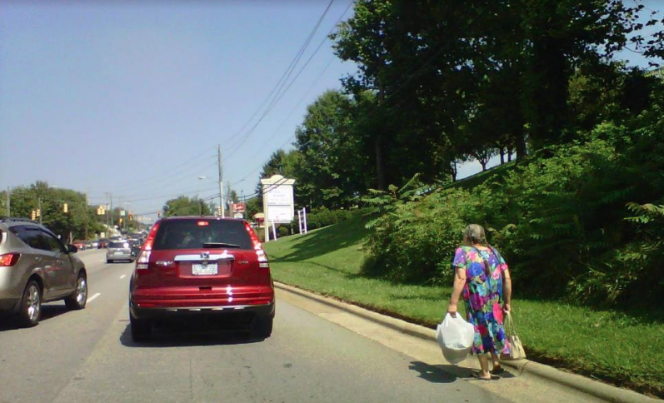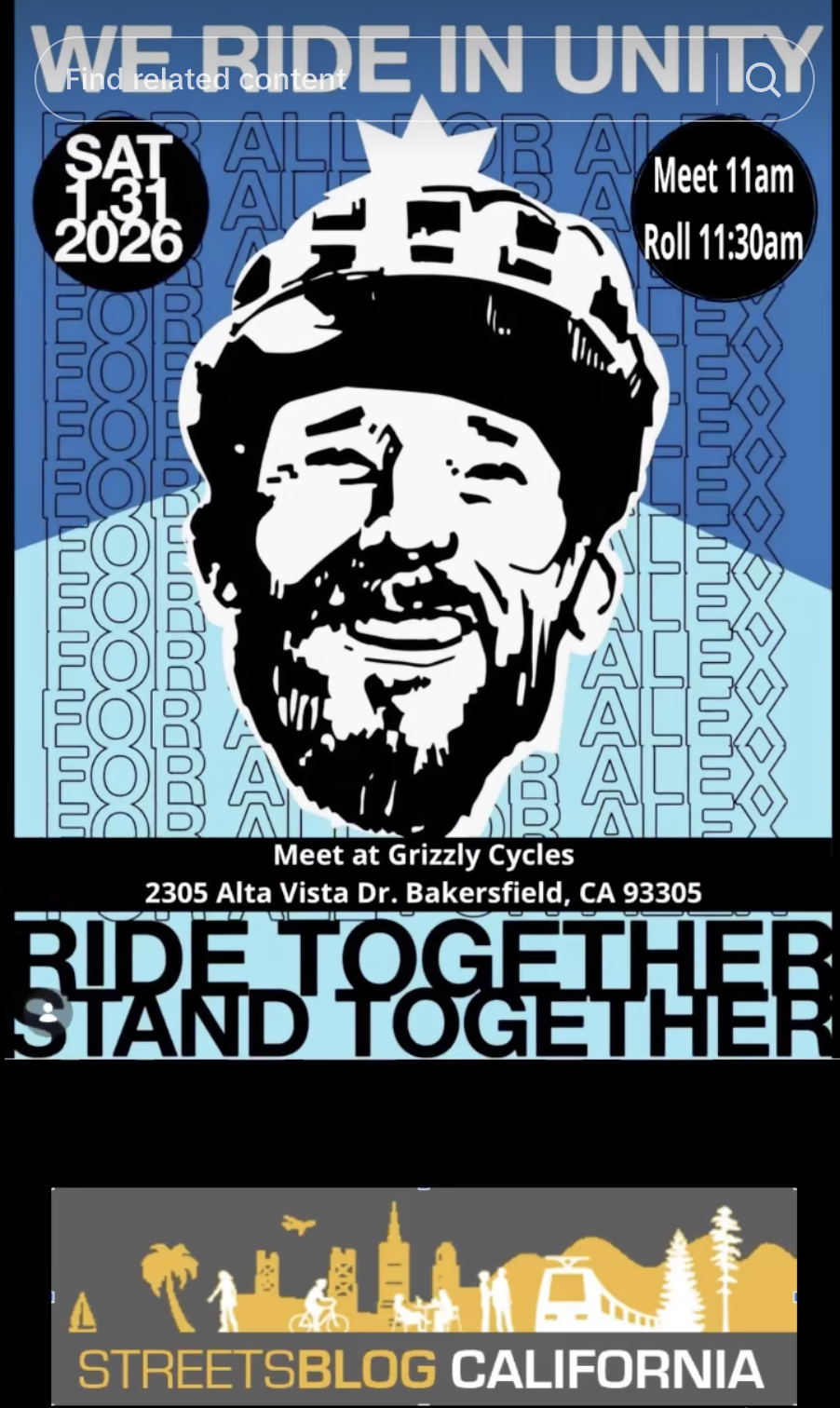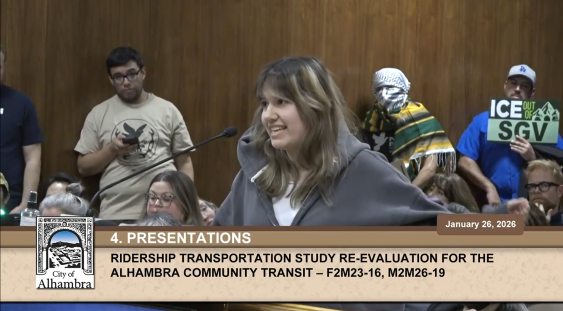Walking in America is dangerous business. If you get around on your own two feet, odds are you routinely have to deal with high-speed streets designed with little if any accommodation for walking, dodging aggressive drivers any time you cross.
It takes a toll. Almost 6,000 pedestrians were killed in 2016 -- a nearly 50 percent rise over 2009. A disproportionate share of victims are people of color and the elderly.
Then there are the laws that criminalize the basic act of walking. Jacksonville, Florida, for instance, has a confusing array of 28 different laws limiting pedestrian behavior, which police wield selectively to harass and fine people of color, according to an investigation by ProPublica and the Times Leader.
Instead of addressing the root causes of pedestrian deaths, our institutions have criminalized the ordinary act of walking, exposing the most vulnerable members of society to the punitive effects of biased law enforcement.
The injustices that arise from criminalizing pedestrians may get worse as more cities look to outlaw the act of walking while looking at or listening to a mobile device. The latest domino to fall is Montclair, California, where the City Council late last year passed an ordinance that bans texting or wearing headphones in crosswalks. Honolulu passed a similar law last summer.
It's a developing trend that echoes the historical origins of jaywalking laws nearly a century ago. As historian Peter Norton details in his book "Fighting Traffic," the offense of jaywalking was concocted by automotive interests to deflect public outrage about the massive loss of life motorists were inflicting in American cities. Creating a social stigma around people who refused to cede the street to cars was a means for car companies to redirect blame back onto victims and strengthen motorists' claim to the right-of-way.
Fast forward to the present day, and it's clear that technologies like ubiquitous wireless connectivity are incompatible with the act of driving safely and the concentration it requires. We know distracted driving should be treated like a public health epidemic, and yet marketing efforts like the Ford Motor Company's "petextrian" campaign shift the blame to people struck by motorists.
In the same way earlier laws regulating the act of walking abetted the automotive industry's play for dominance on city streets, the new wave of laws about "distracted walking" deflects attention from the dangerous combination of driving and internet connectivity that's embedded in the products sold by today's car companies.
And it seems to be working, despite the absence of data to support the notion that "distracted walking" is a serious public safety issue. In Montclair, City Manager Ed Starr proposed the new law after reading an article about texting and driving in China without contacting any pedestrian safety experts, reports the Daily Bulletin.
Tellingly, cities that have recently had success reducing pedestrian fatalities -- like New York -- haven't done it by blaming pedestrians. They've made streets safer for everyone by reducing the incidence of speeding through street design measures and automated enforcement.
With the new laws targeting people in crosswalks, the strategy of changing behavior that inflicts harm on other people goes out the window. Instead, police resources will be wasted on pointless tickets, and people on foot will be further marginalized, harassed, and exposed to the risk of racially discriminatory arrests.
Correction: Montclair, New Jersey, was originally identified as a city with new pedestrian rules. The correct city is Montclair, California.






